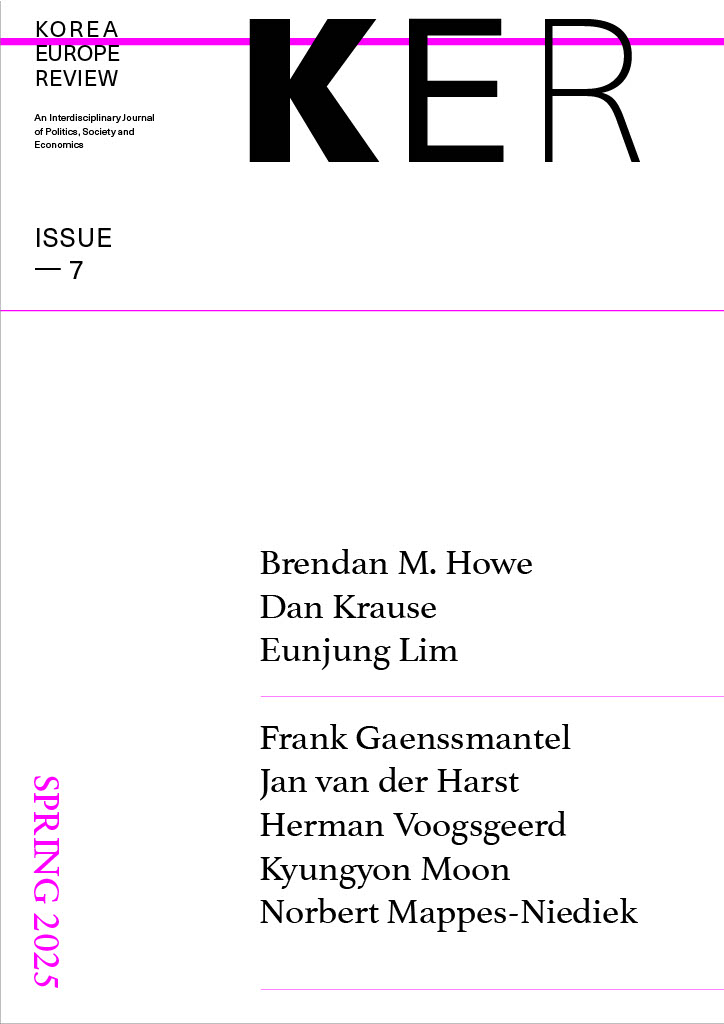Korean CSO’s Peace and Humanitarian Movement
The Case of Good Neighbors
DOI:
https://doi.org/10.48770/ker.2025.no7.56Keywords:
Humanitarian Diplomacy, CSOs, Good Neighbors, North Korea, Peace Building, Korean PeninsulaAbstract
As an extension of constructivist discussion, this paper aims to explore the theoretical debate to examine how Good Neighbors, as one of the South Korean Civil Society Organizations (CSOs), contributed to the creation of a peace foundation on the Korean Peninsula. Using the framework of humanitarian diplomacy introduced by Larry Minear and Hazel Smith, this paper aims to reinterpret the role of humanitarian operations and campaigns for North Korea by Good Neighbors in the areas of information gathering, mediating, and foreign policy implementation. The findings of this paper suggest that Good Neighbors created an opportunity to recognize North Korea as a partner of support and cooperation rather than an adversary by informing domestic civil society of the reality of North Korea’s food crisis. It also played a role in supporting the Sunshine Policy by framing North Korea as part of the movement for the peaceful unification of the Korean Peninsula and spreading this message through various campaigns. As a result, the inter-Korean summit in 2000 was possible despite North Korea’s continuous military provocations from 1998 until the summit meeting.
References

Downloads
Published
Issue
Section
License
Copyright (c) 2025 Kyungyon Moon

This work is licensed under a Creative Commons Attribution 4.0 International License.


